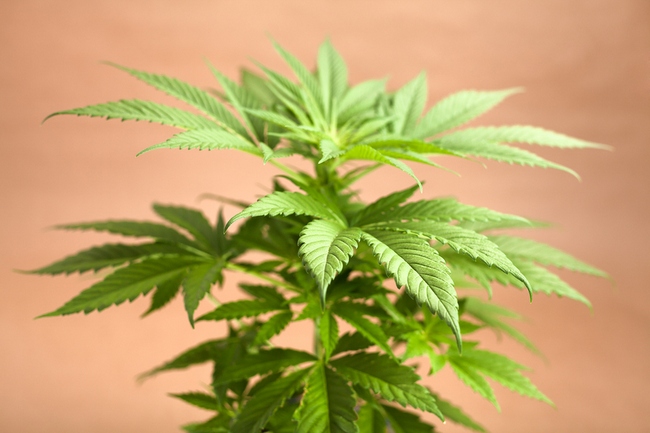- Make It Yourself Lavender Heart-Shaped Bath Bombs!
- 20 Things You Never Knew About “Down There”
- 12 Best Foods For Those Suffering From Arthritis Pain
- 12 Personal Hygiene Mistakes Almost Everyone Makes (Mom Never Told You About #4!)
- 15 Medicinal Plants And Herbs From The Cherokee People
- 12 Mind-Blowing Benefits Of Drinking Coconut Water During Pregnancy
- 12 Outstanding Winter Foods That Won’t Fatten You Up Like A Christmas Turkey
One Plant is Recognized as Powerful Medicine for Many Health Issues

Photo credit: bigstock
Alkaloids were being extracted from plants for their unique properties during the Victorian age. Chemists were successful in those times because the alkaloids they wanted were water soluble organic bases that made crystalline solids when they combine them with certain types of acids. Among just some of the compounds that 19th century chemists successfully isolated were cocaine, morphine, and quinine.
Cannabis molecules, however, are virtually insoluble in water. Therefore, chemists from the Victorian age were unable to remove and make extracts of these compounds. THC, the active ingredient in cannabis, was not isolated and identified until 1964.
By the end of the 1990’s, scientists found two cannabinoid receptors (named CB1 and CB2). This identification of the chemical structure of cannabis, as well as the possibility of being able to obtain pure constituents, caused a significant new interest in researching this plant. Now, a more consistent cycle of the use of cannabis derivatives as medication has begun. This means that the effectiveness of treatment and its safety can be scientifically proven.
It’s interesting to note that our brains contain a large network of specialized receptors that control the central nervous system and these receptors can only be activated by cannabinoid compounds. There is new research being done every month that continues to show the important role cannabinoids have in protecting the function of the brain. This means cannabis can help to stop the aging process and can even reverse the effects of dementia and Alzheimer’s disease. Read more about treating Alzheimer’s disease.
The method by which you plan to take cannabis can vary greatly. Some claim that the oil from cannabis is what is effective while others state that you can eat it or smoke it and it will work all the same. Lately, many more people have been inclined to ingest the oil or apply the oil directly to skin cancers, eczema, and other wounds. Oral consumption can be problematic, however, as it must first pass through fatty tissue, and then become metabolized, slowly, by the liver. Vaporizers have become very popular for this reason and many believe that this method delivers the THC directly to the body, rather than waiting for the digestive process.
One last note about cannabis; this plant has a very digestible globular protein that contains all the essential amino acids necessary for life. It has the perfect omega-3 to omega-6 ratio of essential fatty acids. Also, this plant is the only known source of all essential cannabinoid acids as well. It’s pretty clear from history, as well as from recent studies, that every single person on the planet would benefit from access to cannabis.
Sources:

































Deb Ashlynn
Oct 30, 2014 at 1:46 pm
And the back side is, it causes dysthymic disorder, obesity, and lethargy.
Jacob William Schwartz
Nov 5, 2014 at 5:50 pm
Well there it is… the dumbest thing I’ll be reading all day.
Deb Ashlynn
Jan 26, 2015 at 3:47 pm
And you have nothing to back your childish comment up with so put up or shut up.